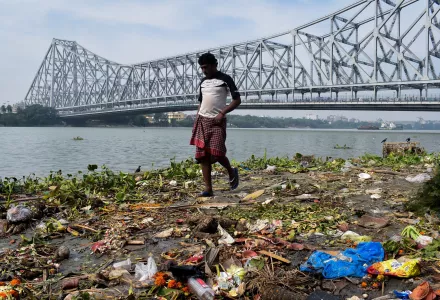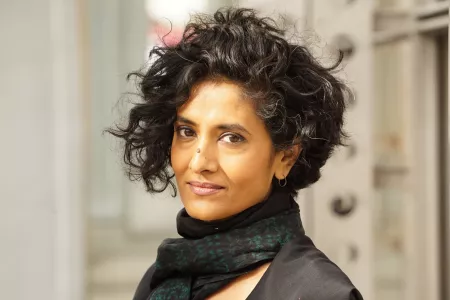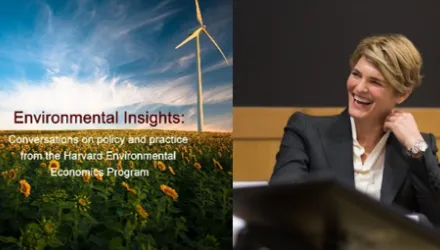The Challenges Ahead in Covering Environmental and Climate Justice
Is environmental justice finally getting more coverage, as media outlets address the disproportionate impact of serious environmental problems on communities of color, the poor and the marginalized?
Three leading journalists will discuss the challenges ahead in covering environmental and climate justice in the United States and around the globe: Somini Sengupta of The New York Times; Justin Worland of Time Magazine; and Yessenia Funes of Atmos Magazine. Cristine Russell, ENRP Senior Fellow, will moderate.
While air, water, and toxic pollution hit vulnerable populations hardest, climate change will make the inequities even worse. The Biden Administration has promised to make environmental justice a key element of its sweeping federal climate agenda.
Environmental and climate justice reporting ranges from the polluted water of Flint, Michigan to the dirty air of New Delhi, bringing in-depth stories of the people most adversely impacted by where they live and work. Climate change, from extreme heat to increased flooding, will affect communities—and countries—least prepared to deal with the consequences. The Black Lives Matter protests and COVID-19 pandemic have also been linked with concerns about environmental justice in terms of those populations at greatest health risk.
HKS Co-Sponsors: Belfer Center Environment & Natural Resources Program & Shorenstein Center on Media, Politics and Public Policy; Climate, Energy & Environment PIC (CEE-PIC): A student organization at HKS





